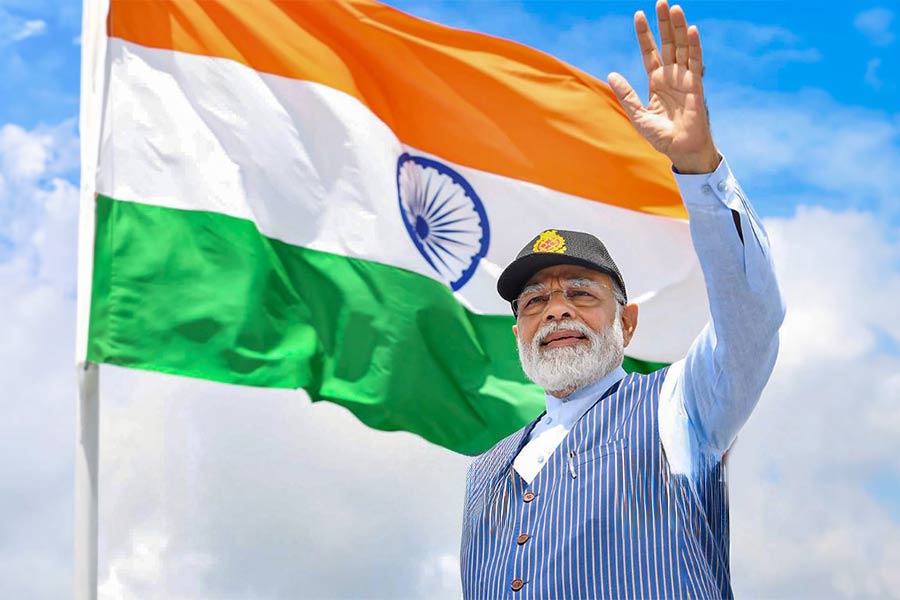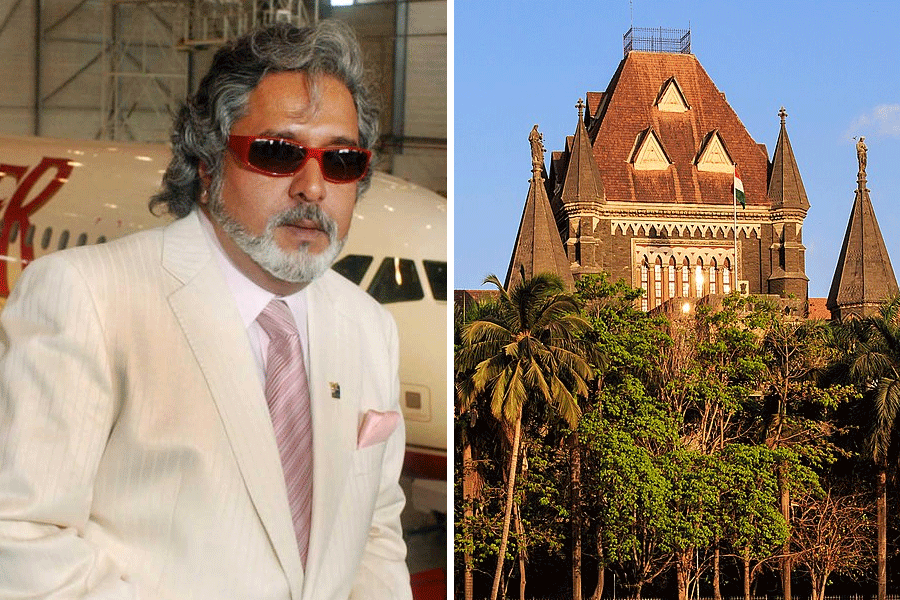I like the aspiration that in 22 years from now, we shall be a developed country. I was in a developed country 27 years ago and liked what I experienced — the absence of chaos, the availability of public amenities unlike anything I had experienced, and the ability to buy goods and services of high quality. What I liked most was the clean air and water.
With an eye on this, I periodically browse through global databases and indices to see where we stand in relation to other countries in the world. Given that I liked the clean air and water the most, I took special interest in looking up the 2024 Environmental Performance Index. Estonia was in the first spot. I found Senegal at rank 100 and wondered how much further down India could be. Ethiopia was at 151. The listing has 180 entries. India is at 176 and our neighbours, Bangladesh and Pakistan, a rank above and two ranks below us, respectively.
Bhutan is the top-ranked South Asian country at 103. Bangladesh, India and Pakistan bring up the rear in the region. But how does India compare with its peers with similar gross domestic product (Germany, the United Kingdom and Japan) and demography (China)?
For the sake of comparison, I made a table with 10 countries, including the first and last in the EPI and the largest economy in the world, the United States of America. In my list, as per the EPI, the top five in descending order are Estonia, Germany, the UK, Japan and the US. In terms of GDP, China and India make it to the top five and Estonia comes last. The size of the economy and the standing in the EPI do not seem to be related. The same appears to be the case for population and population density.
I kept looking at various databases to find one that corresponds to the EPI to gauge the factors behind rankings. The World Bank’s Worldwide Governance Indicators is one such. It is based on varied data sources from around the world, covering 200 economies, and is updated regularly. The WGI measures six broad dimensions of governance: voice and accountability — the extent to which a country’s citizens are able to participate in selecting their government, as well as freedom of expression, freedom of association, and a free media; political stability and absence of violence/terrorism — the likelihood of political instability and/or politically-motivated violence, including terrorism; government effectiveness — the quality of public services, the quality of the civil service and the degree of its independence from political pressures, the quality of policy formulation and implementation, and the credibility of the government’s commitment to such policies; regulatory quality — the ability of the government to formulate and implement sound policies and regulations that permit and promote private sector development; rule of law — the extent to which agents have confidence in and abide by the rules of society, and in particular the quality of contract enforcement, property rights, the police, and the courts, as well as the likelihood of crime and violence; and control of corruption — the extent to which public power is exercised for private gain, including both petty and grand forms of corruption, as well as “capture” of the State by elites and private interests.
The top five countries in terms of EPI rank in my list have high percentile ranks across all six dimensions of governance. The US mostly remains in the fifth spot while the other four interchange places depending on the dimension being compared. India and China interchange places in the middle position of the table, except in the voice and accountability domain, in which China comes last. Perhaps, it is good governance that India needs to focus on to transition into the developed world by 2047.
Good governance is a prerequisite for development, but it is not the sole responsibility of the government. The government and the citizens have to work together to achieve the status that India aspires to. But the onus of rectification is more on the government than the governed given that consent of the governed lends legitimacy to the government to use State power to collectively achieve what cannot be achieved individually.
Anamitra Anurag Danda is an environmentalist. Views are personal










